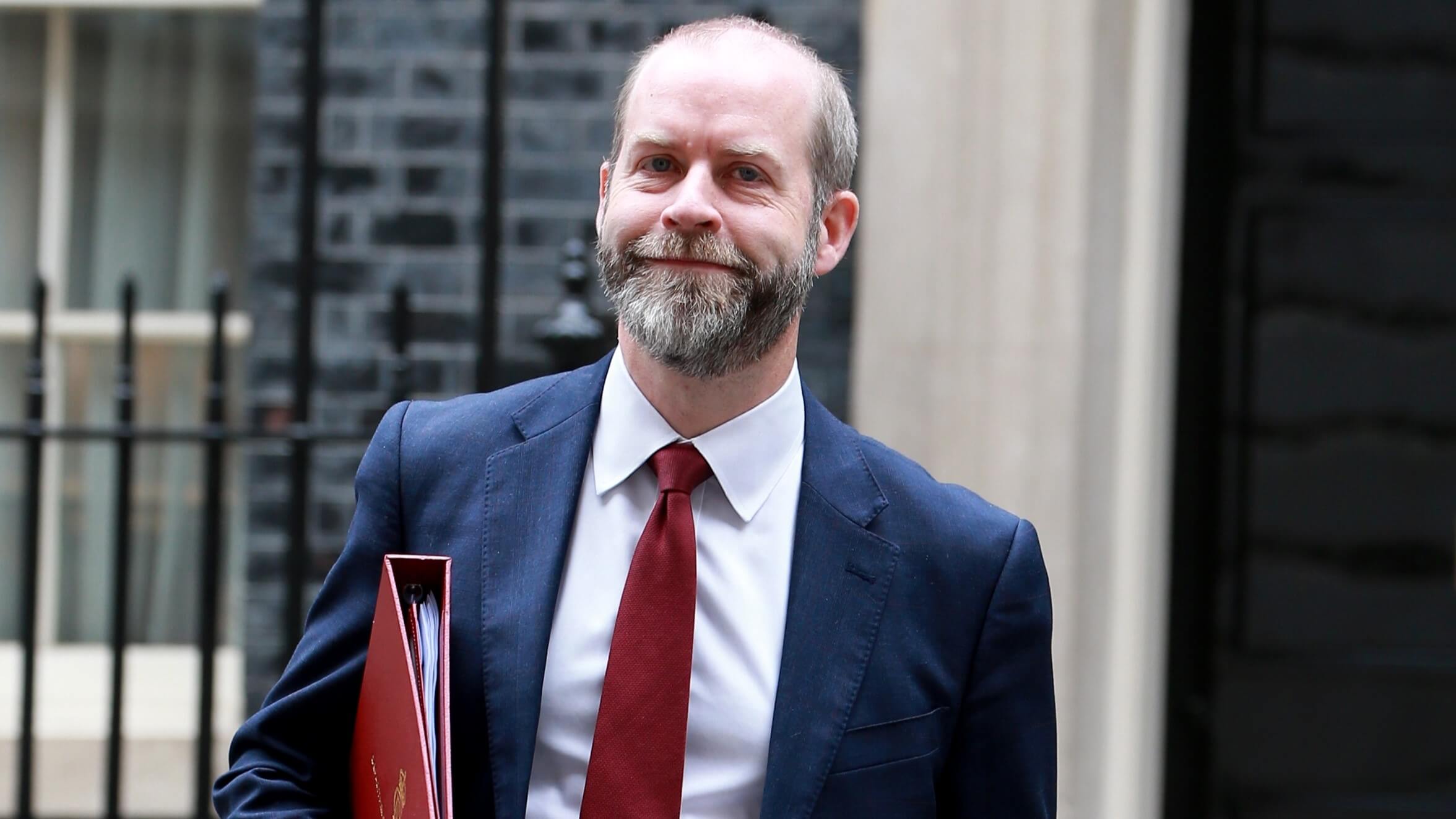


Britain’s new trade ministers kicked off a pivotal visit to the Gulf region on Monday, holding discussions on a potential trade agreement with the Gulf Cooperation Council (GCC), which includes Bahrain, Kuwait, Oman, Qatar, Saudi Arabia, and the United Arab Emirates.
This marks the first joint visit for Trade Secretary Jonathan Reynolds and Minister for Trade Policy Douglas Alexander, who aim to secure a deal that could invigorate the UK’s post-Brexit trade landscape.
Trade has remained a persistent challenge for the British economy in recent years, with many business groups attributing the slowdown to Brexit.
In this context, a trade deal with the Gulf region could provide a significant boost, with Britain’s Business and Trade Department estimating that such an agreement could add £1.6 billion ($2.1 billion) to the UK economy in the long term.
“I want to see a high-quality trade deal that supports jobs, helps UK companies sell their products to the region, and increases choice for consumers—so it’s great to be here to discuss exactly that,” Reynolds said in a statement as talks got underway.
This Gulf visit is part of a broader strategy by the Labour government, which came to power after Prime Minister Keir Starmer’s landslide victory in July. The government is also in negotiations for trade deals with India, Switzerland, and South Korea, all aimed at spurring economic growth.
Despite these efforts, the UK faces a tough road ahead. Among the Group of Seven (G7) advanced economies, Britain has ranked last for growth in goods and services exports since 2019, according to national accounts data, even when excluding its significant precious metals trade.
As global markets remain volatile, the Gulf visit underscores the UK’s urgent need to reestablish its trade relationships and enhance its position in the global economy.
The UK’s trade discussions with the Gulf Cooperation Council (GCC) come at a critical moment for Britain as it seeks to forge new trading relationships post-Brexit.
With the GCC representing a key region for trade, including sectors such as energy, finance, and infrastructure, securing a deal could provide significant economic benefits.